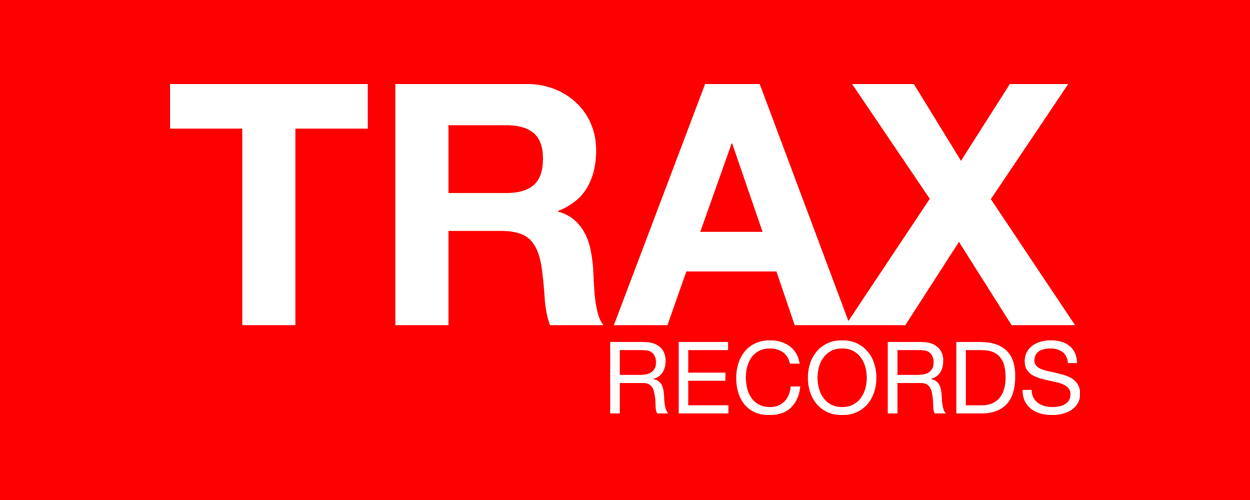This website uses cookies so that we can provide you with the best user experience possible. Cookie information is stored in your browser and performs functions such as recognising you when you return to our website and helping our team to understand which sections of the website you find most interesting and useful.
Artist News Business News Labels & Publishers Legal
Larry Heard and Robert Owens settle Trax Records dispute, reclaim their music rights
By Chris Cooke | Published on Tuesday 30 August 2022

Management firm TaP Music last week confirmed that Larry Heard and Robert Owens – prominent players from the 1980s Chicago house scene and two thirds of Fingers Inc – have settled their legal dispute with Trax Records, the label they worked with in the mid-80s. The deal confirms that the duo own all the rights in the music they released with the label.
Chicago-based Trax Records was co-founded in 1984 by Larry Sherman, who died in April 2020. When reporting on his death, the Chicago Sun-Times noted that while Sherman and his label were “instrumental in developing house music”, he also “left a complex legacy within Chicago’s house music community”. Over the years multiple artists signed to the label had complained about their treatment and unpaid royalties.
Rachael Cain – who, after signing to the label as an artist, was involved in various business ventures with Sherman, later becoming President of Trax – acknowledged some of those controversies at the time of his death, telling the Sun-Times “he’s a controversial figure”. But she insisted that in recent years Sherman had been trying to sort out the payment of past royalties, partly via litigation with a former distribution partner.
Heard – aka Mr Fingers – signed a number of agreements with Trax in the 1980s, on the back of which it registered and exploited various songs and recordings he had made, some of which were collaborations with Owens.
However, in their 2020 lawsuit, Heard and Owens claimed that those agreements never actually gave Trax all the rights they subsequently exploited, for example, they only covered the song rights not the recording rights, and only some of the song rights. Meanwhile, they added, the duo were owed significant unpaid royalties from the label’s exploitation of their music.
Despite Cain previously acknowledging the controversies that surrounded Sherman and his label, in a November 2020 court filing Trax sought to have much of Heard and Owens’ lawsuit dismissed. It also questioned why the duo were suing so late in the day, and so soon after Sherman’s death.
Though Heard and Owens had already explained that they were going legal now because they were getting support from TaP, which works with the duo on their music publishing. Without that support, they said, going legal simply wasn’t an option due to the cost and hassle such litigation would involve.
As the legal battle proceeded, settlement talks took place and, in a statement last week, TaP confirmed “in May 2022 after two long years of litigation, Trax – in a negotiated settlement – agreed to relinquish, once and for all, any and all rights to their musical works”.
“This is a huge victory not only for Heard and Owens but, symbolically, for the artistic community”, the TaP statement continued. “At a time when the ‘whitewashing’ of dance music and its culture is under the spotlight, this return of foundational creative works to the black creators who rightly own them is a reminder of historical injustices at the heart of this culture, but also a shining example of how some at least of those wrongs can be righted”.
Speaking to The Guardian, the lawyer who led on the litigation, Robert S Meloni, again noted that the 1980s agreement didn’t actually mention the recording rights in the music Trax released with Heard and Owens. “Trax was never assigned any sound recording copyrights, so one part of my job was to stop Trax exploiting the sound recordings”, he told the newspaper.
As for the song rights that had been assigned – or partly assigned – in those deals, the label had “never paid [Heard] any royalties, ever”, Meloni added, “so I had to force Trax to give up those musical composition copyrights”.
Although the settlement deal gets the clarity on the rights in Heard and Owens’ music that they were seeking, it doesn’t seemingly include any big pay out, with The Guardian noting the duo “still haven’t been paid a cent”. However, Meloni explained, while they could have still gone to court to push for damages, it seems unlikely that even success in court would have resulted in a big cheque.
Following Sherman’s death, he focused on Cain and the Trax company, he said. “My investigation confirmed that Cain and Trax were impecunious and unable to pay money damages, so even obtaining a money judgment – which would have extended the case for many months – would have resulted in only a pyrrhic victory”.
Welcoming the settlement that has been reached, TaP Music Global Co-President Anna Neville says: “At TaP Music Publishing we don’t only help nurture careers, provide creative support and opportunity for our writers, and efficiently collect their money, but also fight with them to defend their songs too”.
“It’s been a pleasure to work with Larry and Robert on this”, she adds, “and I’m so pleased they have control of their artistic works and their incredible legacy, which is evident from listening to how much of pop music today is influenced by the dance music they created. They deserve to be rewarded for their profound contribution to music over the last 40 years”.





